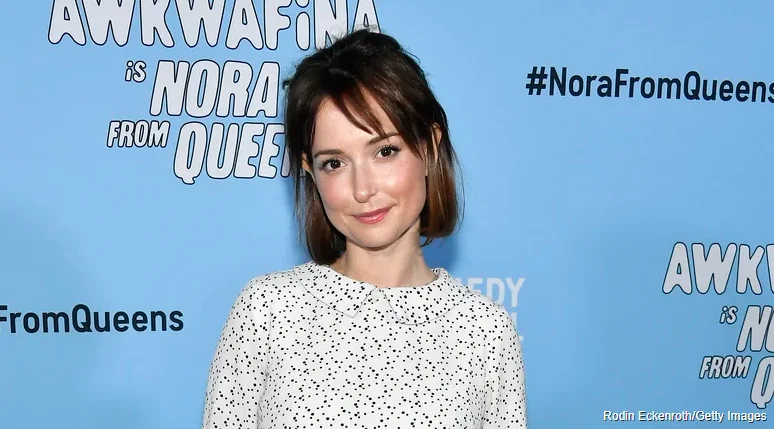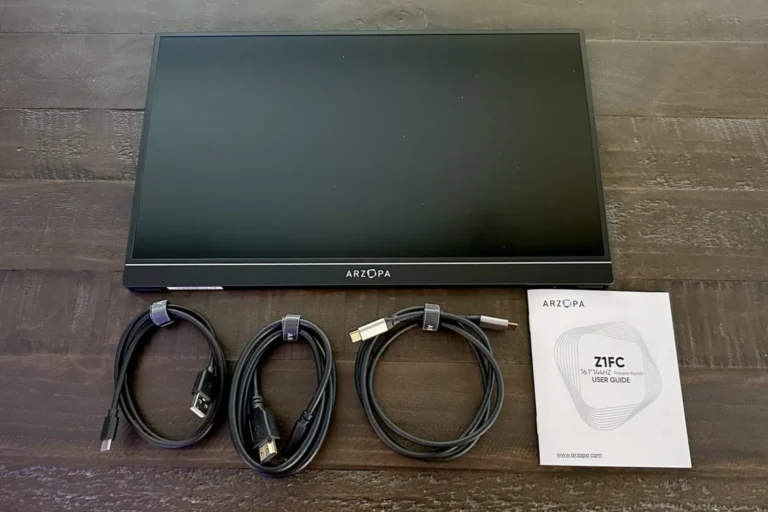
Milana Vayntrub, best known as Lily from the AT&T commercials, has become a household name through her role as the friendly, knowledgeable store representative. However, her career has recently been shadowed by an unfortunate controversy involving her appearance. The decision to avoid showing her full body in AT&T commercials Bathing Suit Full Body At&t Lily Fired sparked conversations across the internet. In this article, we delve into the background of Milana Vayntrub, the reasons behind her choice, and the impact of this decision on her career and public perception.
Introduction to Milana Vayntrub and Her Role as Lily
Milana Vayntrub, an American actress, comedian, and activist, rose to fame with her portrayal of Lily Adams in a series of AT&T commercials by Bathing Suit Full Body At&t Lily Fired. Since 2013, she has been the face of AT&T, charming audiences with her approachable demeanor and wit. Beyond her role in commercials, Vayntrub has appeared in various TV shows such as “This Is Us,” “House of Lies,” and “Silicon Valley.” However, despite her success, her role as Lily has been marked by an unexpected controversy surrounding her appearance, particularly focusing on her body.
Background on the Controversy: The Focus on Her Body
The controversy began when fans and social media users started to notice a change in the way Vayntrub appeared in recent AT&T commercials. Unlike previous ads where she was seen standing or moving around, she was now often positioned behind a desk or other objects, with her full body rarely visible. This shift sparked questions and speculation about why the focus on her body had changed.
Many fans questioned why Vayntrub’s full body was no longer shown, with some even creating online discussions filled with inappropriate comments about her appearance. This sparked a wave of harassment, leading to Vayntrub addressing the situation publicly.
Harassment and Its Impact on Milana’s Career
Milana Vayntrub took to social media to explain the reason behind the change. On March 20, 2021, she tweeted, “Been getting a lot of ‘Why are they placing her body like that in those ads?’ Well, I direct the ads. I place myself like that. And it’s because of the thousands of unwelcome comments I receive about my body. You’ve lost the privilege of looking at it until I feel safe again.”
The online harassment, particularly the comments objectifying her body, deeply affected Vayntrub. She expressed that the constant scrutiny and inappropriate remarks made her feel unsafe and uncomfortable, comparing it to feelings of being sexually assaulted. The mental and emotional toll this took on her led to a significant decision: she would no longer allow her full body to be shown in AT&T commercials.
AT&T’s Response to the Situation
AT&T stood by Vayntrub in response to the harassment. The company issued a statement condemning the inappropriate comments and took action by disabling or deleting offensive remarks on their social media channels. AT&T made it clear that they support Vayntrub’s decision to appear in a way that makes her feel safe and comfortable, and they emphasized their commitment to respecting all employees.
“We have disabled or deleted these comments on our social content that includes Lily, and we will continue to fight to support her and our values, which appreciate and respect all women,” said a spokesperson for bathing suit full body at&t lily fired.
Milana’s Decision to Stay Seated and Cover Up in Commercials
In the wake of the harassment, Vayntrub decided to make a significant change in how she appeared in commercials. As both an actress and a director of the ads, she chose to position herself in a way that would limit her body’s exposure. This decision, as she mentioned, was made to protect herself from further objectification and harassment.
By staying seated or positioning props strategically, Vayntrub took control of how she is presented to the public. This move was a bold stand against the toxic culture of body-shaming and objectification that permeates social media platforms.
Impact on Public and Media Perception
The public and media response to Vayntrub’s decision has been mixed. While many people and fans applauded her bravery in addressing the issue head-on and taking control of her image, others continued to focus on her body, leading to more discussions about the objectification of women in the media.
This controversy has sparked a broader conversation about the treatment of women in the public eye and the often unrealistic and harmful standards they are held to. It has also highlighted the need for social media platforms to do more in regulating and preventing online harassment.
Support from Other Celebrities and Public Figures
Many celebrities and public figures have come out in support of Milana Vayntrub. Director Paul Feig, known for his work with Melissa McCarthy, tweeted, “What is happening to @MintMilana on social media is an absolute disgrace… it is vile and harmful. #enough.” This public support has been essential in shifting the narrative from one of objectification to one of empathy and solidarity.
Conclusion and Future Outlook: Bathing Suit Full Body At&t Lily Fired
Milana Vayntrub’s experience highlights a troubling aspect of fame in the digital age. While she continues to face challenges, her decision to cover up in commercials has set a precedent for how women in the industry can reclaim control over their bodies and their image. AT&T’s support of Vayntrub reflects a positive step toward fostering a safer and more respectful environment for all employees.
Looking forward, it remains crucial for companies, audiences, and social media platforms to be vigilant against harassment and to create spaces where all individuals, regardless of their public visibility, feel safe and respected.
Final Thoughts
The controversy surrounding Milana Vayntrub, her decision to avoid showing bathing suit full body at&t lily fired commercials, and the ensuing support and backlash have all shed light on broader societal issues. It is essential for conversations about objectification, harassment, and digital ethics to continue, promoting a culture of respect and dignity for everyone, regardless of their role in the public eye.




